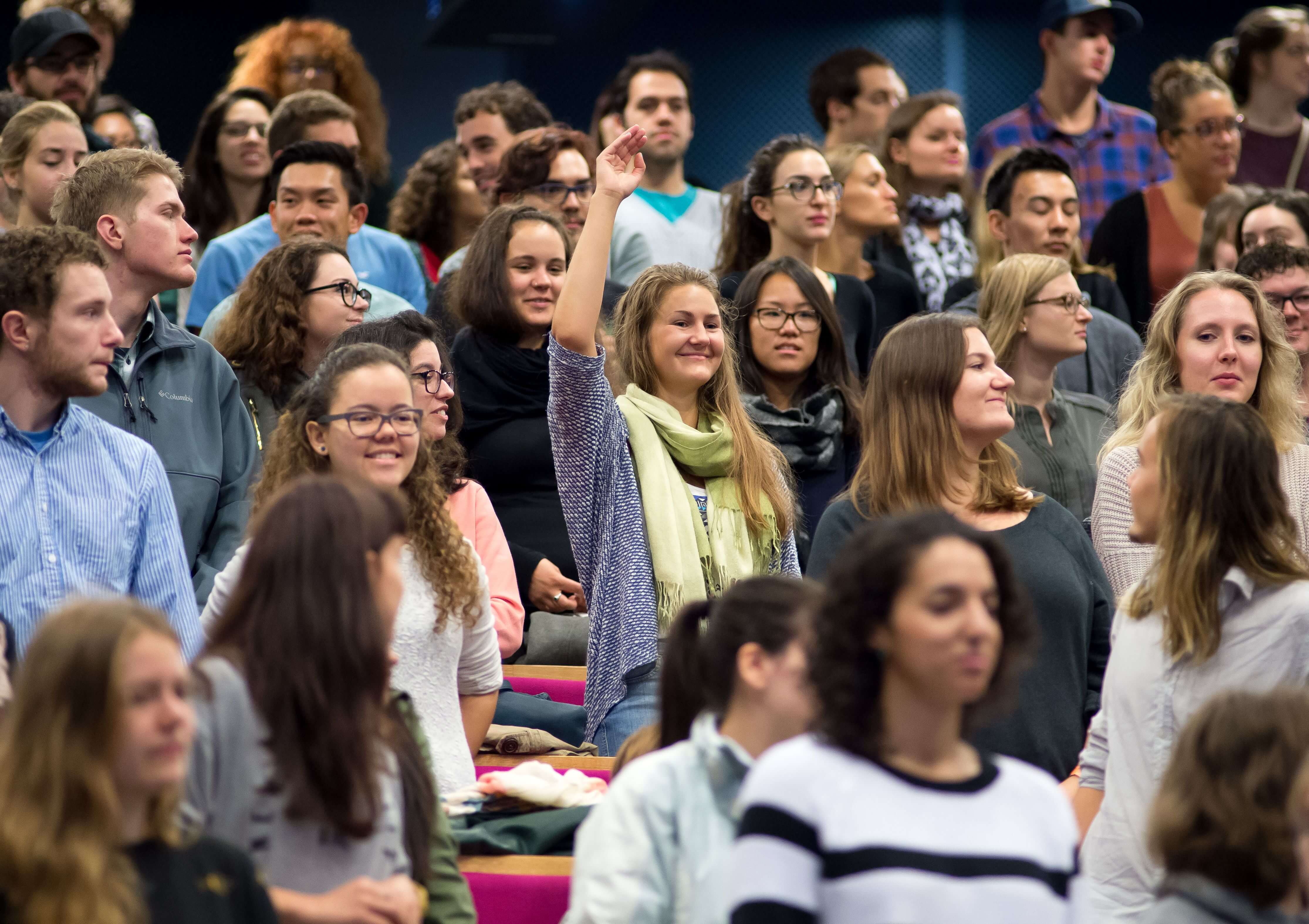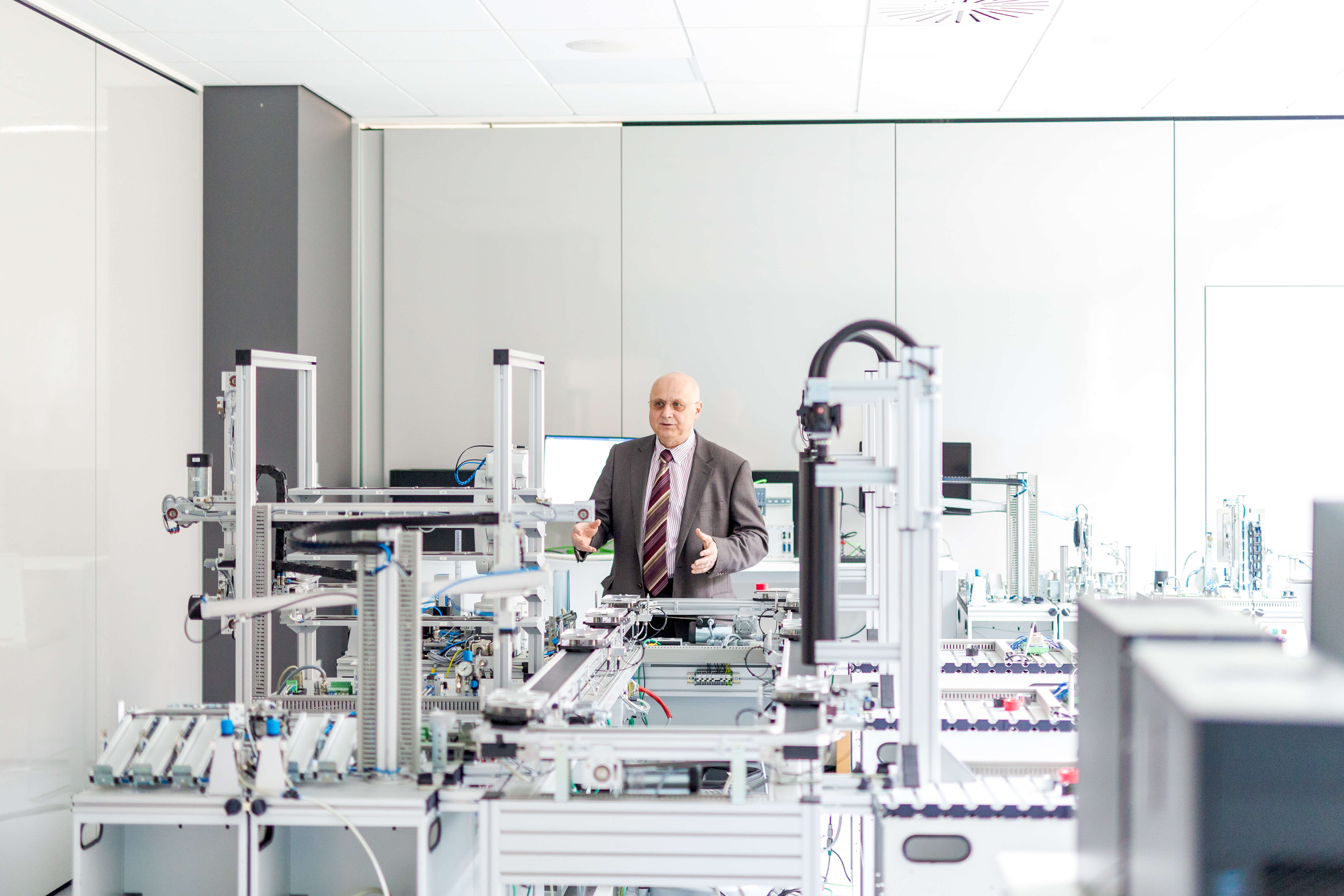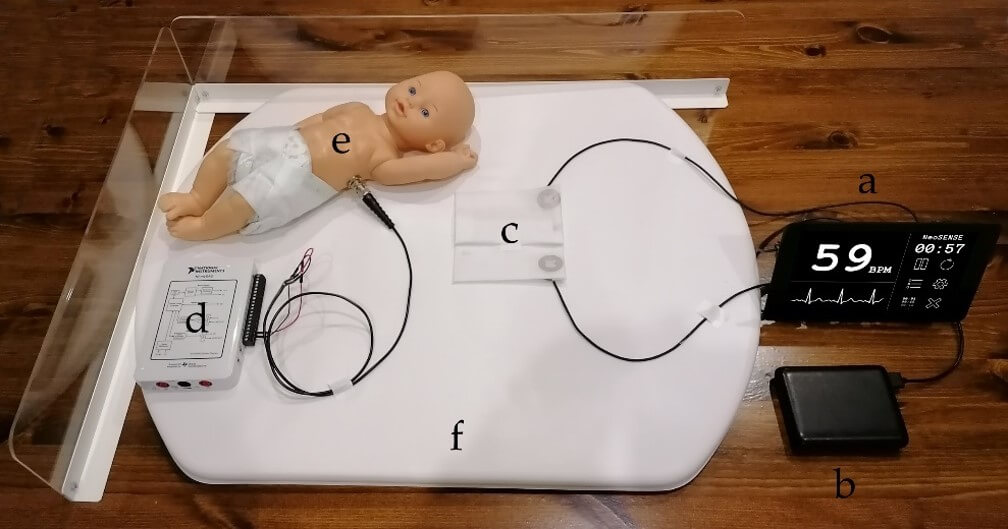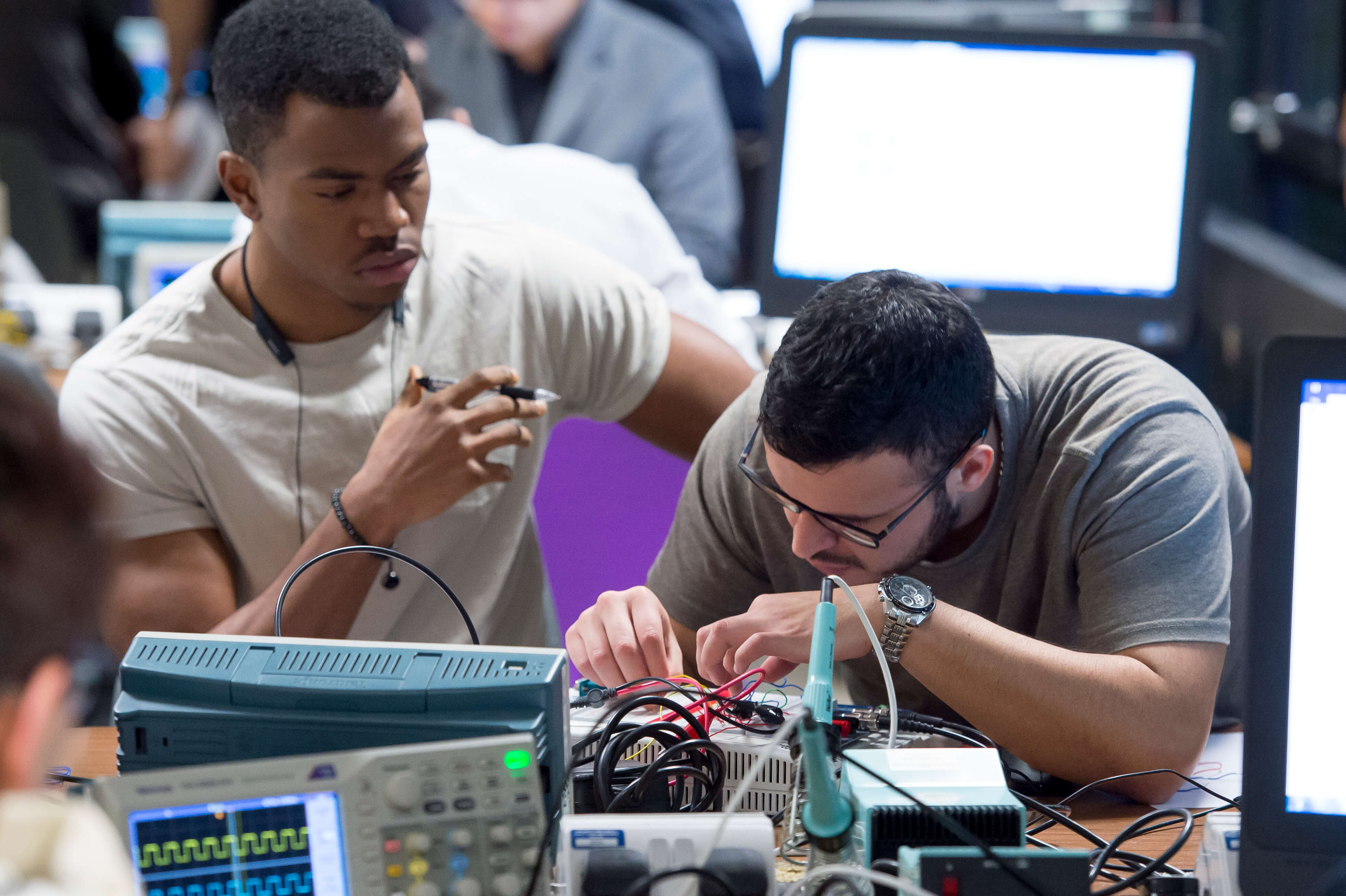John Kinghorn knows the profound impact of a University of Sussex Electrical and Electronic Engineering degree.
Since graduating with a BEng (Hons) Electrical and Electronic Engineering in 1968, John has led an illustrious career: 14 years with Mullard Limited (developing systems for the Royal Navy), close to 20 years with international engineering company Philips and nearly 10 years with the Wessex Round Table of Inventors.
As a child, John could be found building radios and other electronics in the garden shed. By his early teens, he knew he wanted to build a career that revolved around electronics. The University of Sussex made this possible. “I chose to study for my degree at Sussex partly because of the campus — the architecture and the beautiful setting in a lovely National park — and partly because Sussex wasn’t hidebound by tradition. There was a real willingness to make a fundamental difference, and a robust independence from traditional ways of doing things which appealed to me very much.”
Sussex empowered his desire to innovate — at Philips, he was heavily involved in the development of our modern television broadcast systems. More recently, he’s worked on and published a book on high-speed train design and engineering. Today, as Secretary of the Wessex Round Table of Inventors, he offers support to aspiring inventors. Through this route, he is now feeding back his wealth of engineering experiences in helping to promote the next generation of engineering entrepreneurs and inventors.
When he returned to campus for an alumni reunion, John remarked, “It reminded me of how much I liked the atmosphere of it – both the physical atmosphere and the intellectual independence of the University. It also reminded me how much I owed the place.”

Source: University of Sussex
As technology becomes more prevalent in the world we live in, Sussex’s bold approach to Electrical and Electronic Engineering education has never been more relevant and exciting. Smartphones have evolved from a mere device to call others to something that we depend on to shop, create, date, learn and many more facets of our contemporary existence. Cars are becoming self-driving, and with the advances in Artificial Intelligence they are becoming safer than human drivers even in difficult driving conditions. The Internet of Things is already happening, where doors, streets and even hydroelectric dams, are wirelessly connected to far-off data centres and operate automatically and, most importantly, smartly.
A revolution is underway in the application of innovative sensor technology and embedded solutions — and the Electrical and Electronic engineer is in the thick of it all. A profession that has evolved rapidly in the last few decades, today’s Electrical and Electronic engineers need to have multidisciplinary know-how and skill set to match the upcoming challenges that the Manufacturing, Healthcare, Automation, Robotics, Transport and 5G Wireless Communication industries bring.
A Sussex Electrical and Electronic Engineering degree explores the potential wider applications of electronics. Our students will not only learn about, but will also be involved in creating, new types of technologies and innovative electronic systems for the future. Our teaching staff are world experts in their fileds and will provide you with guidance and insight into modern technologies such as robotic manufacturing, sustainability, wearables, AI in healthcare, the Internet of Things, advanced transportation, and modern wireless communications. Sussex is at the forefront of these emerging innovations that are now becoming realities.

Source: University of Sussex
Through our practical approach to engineering education our students gain hardware skills and hands-on experience. For their final year project, they work alongside researchers in one of the departmental research groups such as the “Advanced Communications, Mobile Technology and IoT Research Centre,” the “Industrial Informatics and Signal Processing Research Group,” the “Sensors Technology Research Centre,” or the “Robotics and Mechatronics Systems Research Centre.” These will not only provide a solid foundation to their degree but will also make them more employable. One of the exciting projects we work on is monitoring the heart of new-born babies. The Electro-Potential Sensor technology developed by our emeritus professor Robert Prance and his team allows electro-cardiograms (ECG) to be taken without the need of direct contact. Our academics Drs. Rendon-Morales and Aviles Espinosa are using the EPS technology to create a non-invasive wearable device for monitoring the cardiac activity of babies within seconds of birth. They are leading the multidisciplinary Neosense research project in collaboration with the Neonatal Intensive Care Unit at Brighton and Sussex University hospitals.

Source: University of Sussex
The Sussex Department of Engineering and Design offers the following programmes: Electrical and Electronic Engineering (BEng and MEng), Electrical and Electronic Engineering with an industrial placement year (BEng and MEng), Electrical and Electronic Engineering with Robotics (BEng and MEng), Electrical and Electronic Engineering with Robotics with an industrial placement year (BEng and MEng), Advanced Electronic and Electrical Engineering MSc and 5G Mobile Communications and Intelligent Embedded Systems (with an industrial placement year) MSc
Follow the School of Engineering and Informatics on Facebook and Twitter











